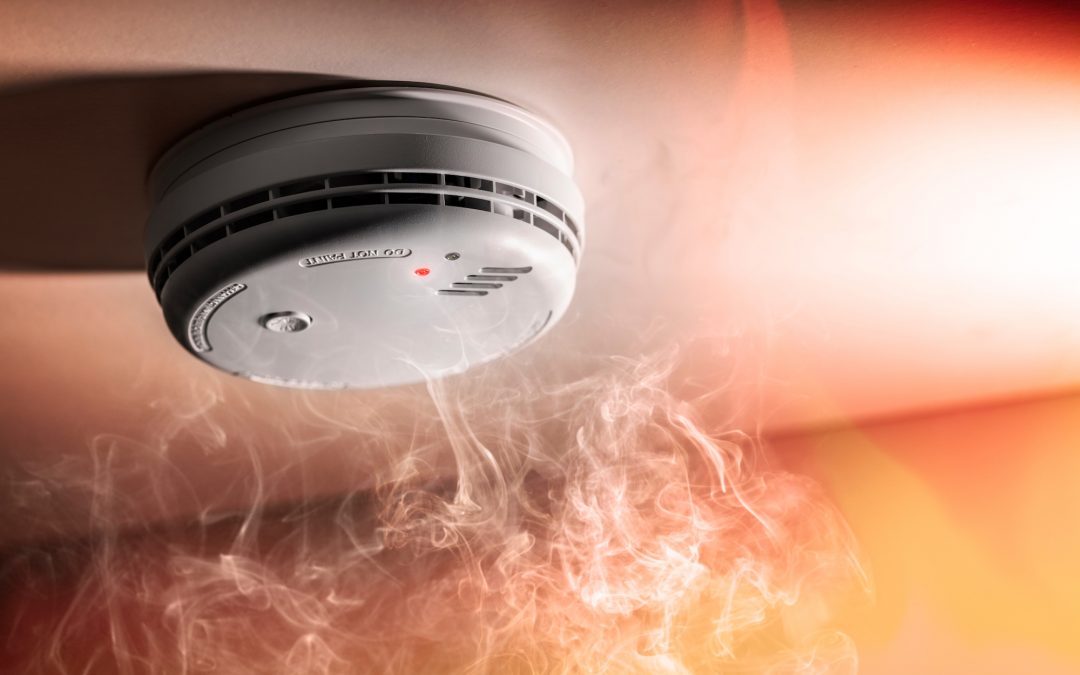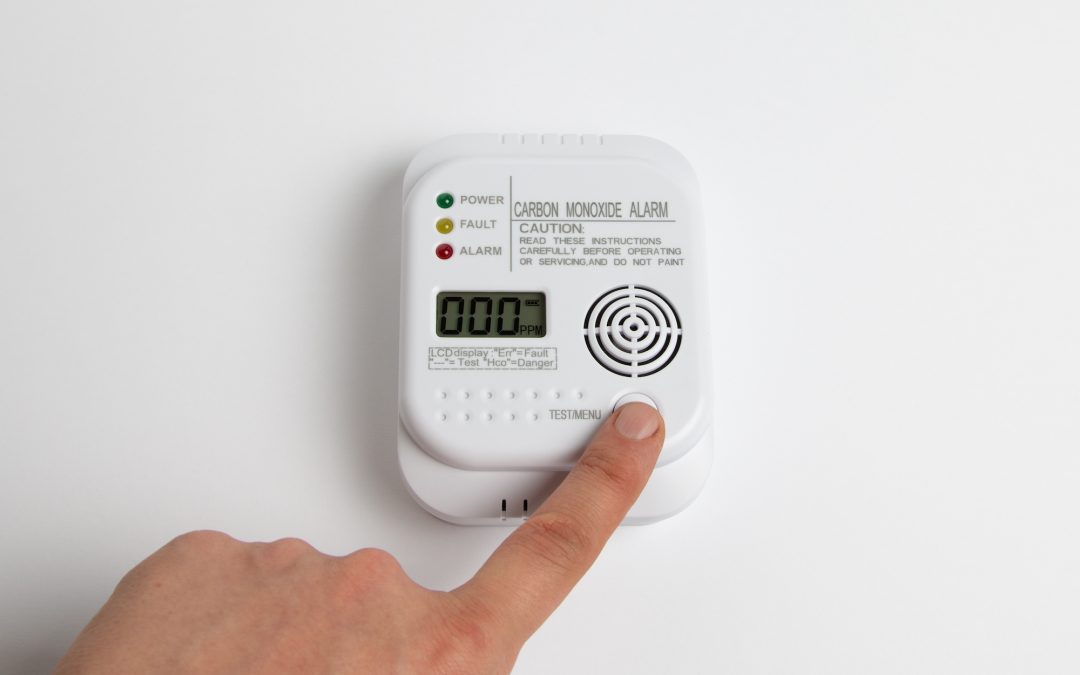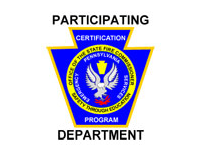
Home Fire Escape Planning
https://youtu.be/Vc-AkbpdSYk Fire can spread rapidly through your home, leaving you as little as one or two minutes to escape safely once the smoke alarm sounds. A closed door may slow the spread of smoke, heat and fire. Install smoke alarms in every sleeping room and...

Smoke Detector Safety
Often called the invisible killer, carbon monoxide is an odorless, colorless gas created when fuels (such as gasoline, wood, coal, natural gas, propane, oil, and methane) burn incompletely. In the home, heating and cooking equipment that burn fuel are potential...

Carbon Monoxide Safety
Often called the invisible killer, carbon monoxide is an odorless, colorless gas created when fuels (such as gasoline, wood, coal, natural gas, propane, oil, and methane) burn incompletely. In the home, heating and cooking equipment that burn fuel are potential...
General Fire Safety Tips
Do you have a safe home for you and your family? Every year nearly 4,000 Americans die in home fires and more than 25,000 are injured. Here are a few fire prevention safety tips;
- Keep matches, lighters, and candles out of reach and sight of children!
- Smoking is dangerous! No one should ever smoke in bed. Make sure that cigarettes/cigars are extinguished properly before dumping ashes.
- Avoid grease build-up in the kitchen and on appliances. Cooking fires are common. Don’t leave food cooking on stove-tops unattended.
- If a fire should occur, suffocate it with a pot/pan lid or a cookie sheet, or close the oven door.
- Dispose of materials from fireplaces and grills in non-flammable containers.
- Make sure your electrical system is not being over-taxed.
- Inspect wires. If you find any worn or exposed wiring from appliances, discontinue their use immediately!
- Space heaters can be dangerous if not used correctly. Make sure yours will automatically shut off if tipped over. Consult the operating instructions to make sure you are using space heaters, gas fireplaces, and other heat sources as intended by the manufacturer. Keep all flammable materials away from heat sources! If there are young children in the house, make sure space heaters and hot water heaters are inaccessible.
- Chimney fires are common. Have your chimney inspected and cleaned annually.
- Keep bedroom doors shut while sleeping. Feel the door and knob for heat before opening if you think there is a fire.
- Young children should know their street address and last name (and, of course, how to dial 911).
- If you should catch fire, stop, drop, roll, and cover your face.
- Crawl low in smoke to be in good air.
- Never hide, and never be afraid of firefighters.
- Only dial 911 in case of emergencies.
Fire Extinguishers
Do you have a fire extinguisher available at your home? You should have at least one fire extinguisher in your home. Ensure it is correctly charged and the bottle has been tested and deemed safe (Look for an inspection sticker or tag).
There are many kinds of fire extinguishers, and they are given a letter or combination of letters based on the types of fires they are designed to put out. For simplicity’s sake, we will list the four most common.
A – Ordinary combustibles, easy to remember: usable on a fire that produces Ash (paper, wood, etc.)
B – Flammable liquids, easy to remember: usable on fire if what’s burning is stored in a Barrel(oil, gasoline, etc.)
C – Electrical components, easy to remember: usable on a fire involving Circuits.
D – Combustible Metals, commonly found in laboratories, can be used on metals like magnesium, titanium, and potassium.
The two most common types of extinguishers to find in a personal residence are either an ABC extinguisher or a BC extinguisher.
An ABC extinguisher is a dry chemical extinguisher that can be used on type A, B, and C fires. One downside to this is that it will leave a chemical residue, which can be challenging to clean up and can cause harm to electronics.
A BC extinguisher is a CO2 extinguisher. It can be used on type B and C fires but may have difficulty extinguishing a type A fire.
It is essential to check what kind of extinguisher you have and understand the types of fires it can be used for.
2024 Call Totals
FIRE/EMS/RIT- January - 35
- February - 41
- March - 23
- April - 31
- May - 24
- June - 25
- July - 18
- August - 20
- September - 20
- October - 27
- Last Updated: 10/22/2024


